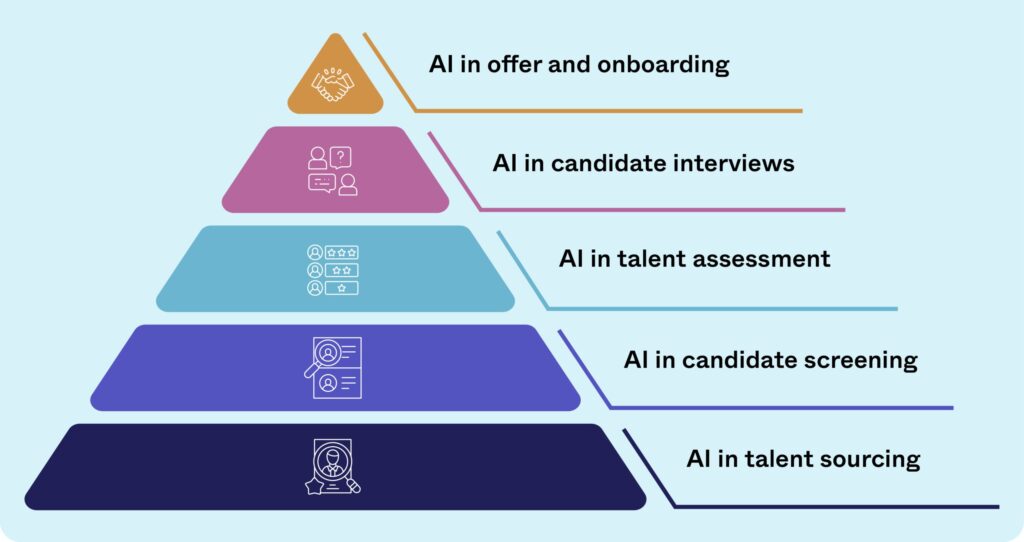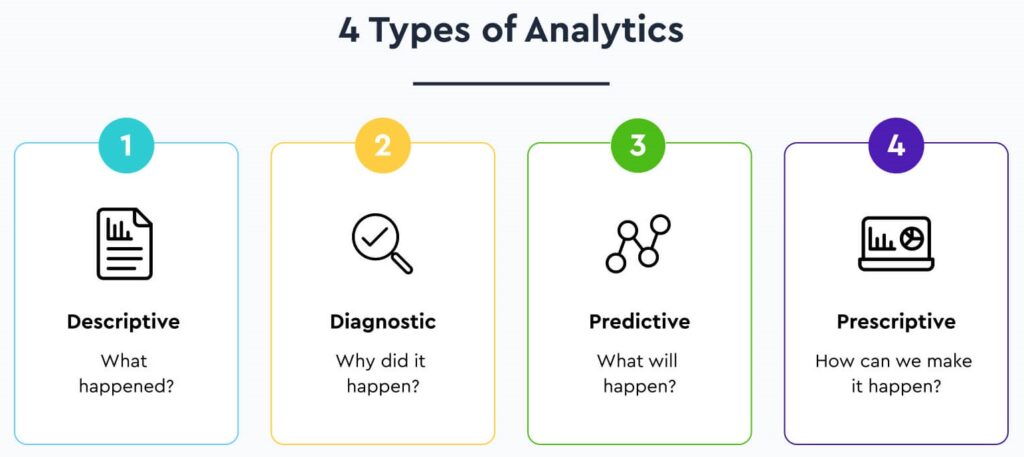The human resources industry is undergoing a major shift. In 2025, human resources is more than simply hiring and payroll; it’s a strategic role that uses technology to boost employee engagement, productivity, and corporate success. The advent of HR Tech, a set of digital tools and platforms, is changing the way businesses attract, manage, and retain workers.
HR technology is critical for creating smarter, more agile workforce. This blog looks at how technologies like HR management systems, AI-powered recruitment tools, and remote on boarding solutions are redefining the modern HR landscape, allowing firms to streamline operations, improve employee experiences, and adapt to an ever-changing work environment.
1. The Rise of HR Technology.
HR tech refers to digital solutions that streamline and automate important HR activities. From recruitment and on boarding to performance management and employee engagement, these technologies help HR managers make data-driven choices, increase efficiency, and improve the overall employee experience.
Adopting HR technology will be more than a fad by 2025; it will be a commercial must.
2. HR Management Systems:
Centralized Control and Simplified Operations
Modern HR Management Systems (HRMS) or Human Capital Management (HCM) platforms constitute the foundation of digital HR operations. These cloud-based platforms combine basic HR tasks into a unified, user-friendly interface.

Key features:
- Employee database management.
- Tracking leave and attendance.
- Payroll Automation and Statutory Compliance.
- Performance review and goal tracking.
- Self-service portals for employees.
HRMS enables HR teams to decrease paperwork, remove redundant processes, and receive real-time insights into workforce analytics, resulting in better decisions and a more productive HR department.
3. AI-Based Recruiting: Smarter, Quicker Hiring
Recruiting has traditionally been a time-consuming process that is prone to human bias and inefficiency. In 2025, AI-powered recruitment tools will transform the talent natural language processing acquisition process by automating prospect screening, resume parsing, and even early interviews.
Benefits of AI in Recruitment:
- Resume screening with natural language processing (NLP).
- Predictive analytics chat-bots for matching candidates with job vacancies.
- Chat-bots to engage applicants and answer cost questions 24/7.
- Bias-free shortlisting based on talents rather than demographics

Engines: Customized vacation companies that include AI in their hiring workflows can use chat-bots to cut hiring time, enhance hiring quality, and create a more inclusive hiring cost process.
4. Remote On boarding Tools: Establishing Culture from Anywhere
As hybrid and remote work become the norm, traditional on boarding strategies are no longer successful. Modern remote on boarding technologies allow new workers to connect, learn, and adapt from day one, regardless of their location.
Features of Digital On boarding Tools:
- Virtual welcome kits and training modules.
- Electronic signatures for documents
- Task tracking and orientation schedules
- Video introductions and virtual team interactions.
These solutions contribute to a uniform and engaging on boarding process, making new workers feel welcome, informed, and connected, even if they are located far away.
5. HR Analytics: Data-Driven Employee Management
One of the most valuable components of HR technology is the ability to evaluate worker data and convert it into actionable insights. HR analytics enables firms to monitor employee performance, detect attrition risks, assess engagement, and forecast future HR requirements.
Real-time analytics enables HR leaders to:
- Make educated decisions about hiring and promotions.
- Monitor training efficacy.
- Improve retention through targeted interventions.
- Align the HR strategy with company goals.

With the right analytics tools, HR can go from being reactive to proactive and strategic.
6. Enhancing the Employee Experience with Technology
Today’s workers want more than just a salary; they want meaning, flexibility, and progress. HR technology helps with this by providing individualized experiences through:
Learning and Development Platforms:
- Wellness apps and mental health resources.
- Continuous feedback and recognition systems.
- Flexible benefit management.
These techniques promote a culture of continual development, openness, and employee-focused leadership.
Conclusion:
HR Technology Is the Future of Human Resources.
As businesses adjust to the expectations of a digital workforce, HR technology is no longer optional; it is required. From streamlining processes and improving recruitment to empowering remote teams and increasing engagement, HR technology is changing the way businesses manage their most precious asset: their employees.
Empowering the Future of Work with Technology.
Technology has the potential to significantly improve workplace conditions. Innovative solutions are intended to assist HR departments in accepting change, streamlining operations, and cultivating meaningful employee experiences that drive organizational success.

